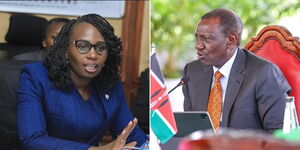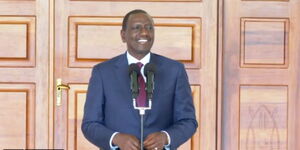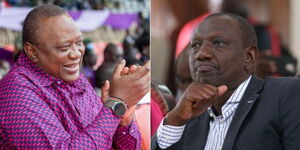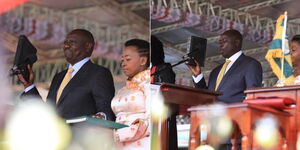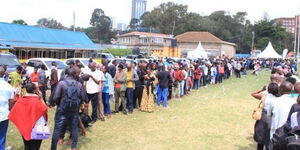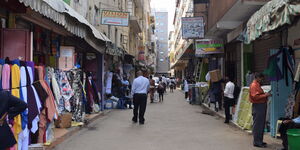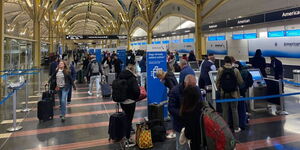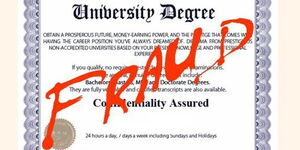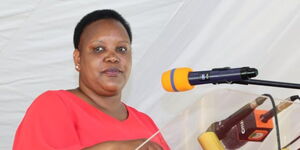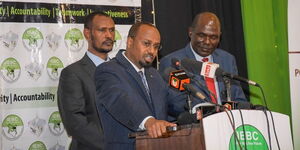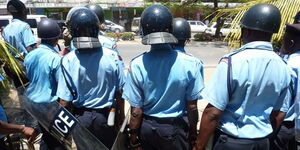Top 10 Standard eight pupils in each sub-county will be guaranteed slots in national schools irrespective of whether or not they were in public or private schools. This is according to new guidelines issued by Education Cabinet Secretary Prof Jacob Kaimenyi.
Speaking on Thursday at Kenya Institute of Curriculum Development, Kaimenyi stated that the 10 slots will be equally shared by each gender, which will be an increase from the previous requirement of three.
The task force that came up with the guidelines was led by Education Principal Secretary Bellio Kipsang aiming to harmonise the criteria of Form One selection from private and public schools.
Another new directive stated that all 103 national schools had been grouped into four and pupils would be required to pick one national school from each category.
This is expected to increase the chances of one being admitted to a national school as opposed to the earlier rule where pupils only chose one national school and three extra-county schools.
"In extra-county schools, pupils from public schools will secure 70 per cent of the admission, while the remaining 30 per cent will be from private schools. Selection of candidates to extra-county schools will be based on the ratio of 20:40:40, where 20 per cent is reserved for the host sub-county, 40 per cent for the host county and 40 per cent for other counties," said Kaimenyi.
According to Kaimenyi, the directive is aimed at ensuring students from poor families have equal access to quality education therefore, for every three candidates from public primary schools, only one slot will be given to private schools.
Kenya Private Schools Association chairman, Peter Ndoro however, said the criteria used to formulate the rules was unfair to stakeholders in private schools because pupils will move from to public schools to seek better opportunities.
“Grouping of national schools into four clusters is a good move but the other rules will continue fostering exit from private schools hence an increase in exam cheating in the public institutions,” he said.
Kaimenyi said the rules had to favour the needy and further discouraged private schools from heeding to the temptation of registering candidates in public schools.

